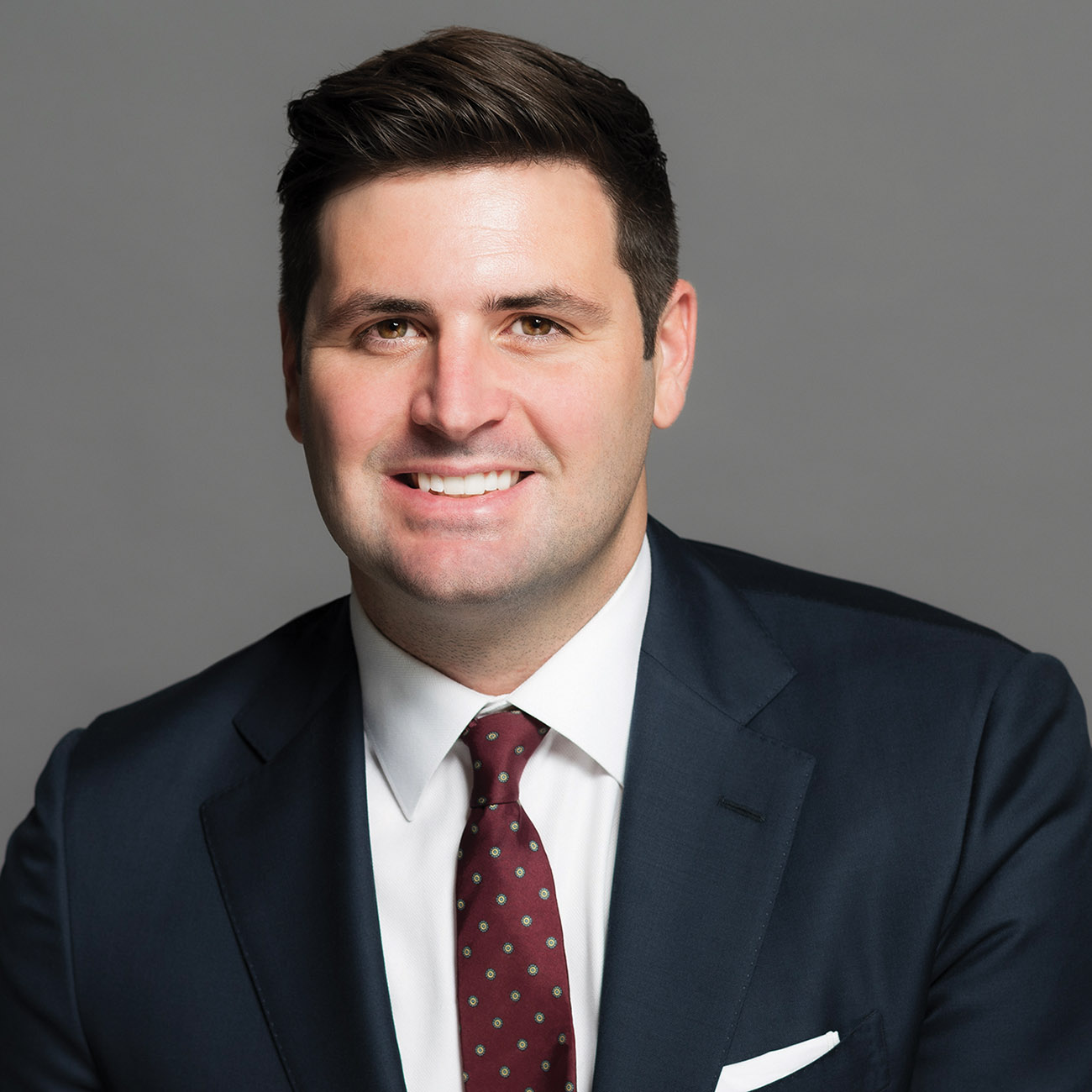
17 Jun PLANNING A MOVE TO FLORIDA? Make sure to take your tax dollars with you

By Matthew L. Worsham and Peter A. Sachs
You have done everything right: purchased a home in Florida, moved your possessions into the home, obtained a Florida driver’s license, registered your vehicle in Florida, registered to vote (and actually voted) in Florida elections, claimed the home as your Florida homestead, joined a country club in Florida, maintained bank accounts in Florida, and even updated your passport to say Florida is your residence. In your mind, you’ve left your old home state behind and established a wonderful new life in Florida.
Duane and Phillis Acklie had a similar thought. The Nebraska Department of Revenue, however, felt differently. Despite moving to Florida, the Acklies retained connections to Nebraska, including: daughters who remained in Nebraska, a vehicle registered in Nebraska, and they were board members for Nebraska entities. Duane Acklie made various political contributions to Nebraska entities/candidates and was named “Nebraskan of the Year” by the Lincoln, Nebraska Rotary Club.
The lawsuit between the Acklies and the state Department of Revenue went to the Nebraska Supreme Court, which found, due to a presumption against a change in domicile under Nebraska law, the Acklies were liable for Nebraska income tax from 2010 to 2014, an expensive proposition for any high-net-worth individual.
Avoiding the Trap
If you’re reading this article, you probably do not live in Nebraska. Since Florida receives more former domiciliaries/residents from New York than from any other state, you are more likely a current or former New York resident. Like Nebraska, New York does not want to make it easy for residents to take their tax revenue out of the state, so it has developed a complex body of law to determine if its residents remain liable for state taxes.
If you plan on moving to Florida, or any other state for that matter, the following rules will help you avoid unexpected tax pain. For New York State tax purposes, a resident of New York is someone who: (1) is domiciled in New York; or (2) is not domiciled in New York but maintains a permanent abode in New York and spends more than 183 days of the taxable year in New York—unless active-duty military.
Whether you are “domiciled” in New York is based on a number of primary and secondary factors. The Primary factors are: (1) Home; (2) Active Business Involvement; (3) Time; (4) Items “Near and Dear;” and (5) Family Connections. While addressing these abstract factors could comprise an entire article, we will only dip our feet into the shallow end.
“Home” looks at the use and maintenance of a New York residence compared to a non-New York residence. In short, the house that is your actual home. The “Active Business Involvement” factor analyzes how the taxpayer’s income relates to New York. The “Time” factor reviews the amount of time spent in New York compared to elsewhere. The “Items Near and Dear” factor analyzes where one keeps items of significant sentimental value, such as family heirlooms, works of art, various collections, and personal items that enhance the quality of life. Lastly, the “Family Connections” factor is a subjective element that looks at where the individual’s spouse and minor children, if any, are spending their time (including schooling).
After a New Yorker effectively renounces domicile but continues to maintain a “permanent place of abode” in New York, that individual must not spend more than 183 days of the taxable year in New York. As you may have guessed, the application of this rule is equally complex.
For individuals moving across state lines who plan on keeping some connection to their former home state, let the Acklies’ story serve as a cautionary tale. Each state has complex and nuanced domicile/residency rules. To avoid calamity, you should work with an attorney to come up with a transition plan.


Peter A. Sachs
Jones Foster shareholder Peter A. Sachs is a Florida Bar Board Certified Specialist in both Civil Trial and Business Litigation. Mr. Sachs is co-chair of the firm’s Trust & Estate Litigation practice group and represents individuals and institutions in the prosecution and defense of complex trust and estate, guardianship, and commercial litigation matters. www.jonesfoster.com
Matthew L. Worsham
Jones Foster attorney Matthew L. Worsham, LL.M., represents individual beneficiaries, heirs, fiduciaries, and corporate fiduciaries and focuses his practice in the areas of probate, guardianship, trust litigation, and trust and estate administration.
www.jonesfoster.com
You May Also Like…
-
-
Eastern Accents: Run for the Roses Collection
Gallop off into the sunset with Equestrian pillows for Eastern Accents, our tribute to the elegance ...
24 June, 2025 -
High Point’s Spring 2025 Market
A peek into new and noteworthy products debuting at High Point Spring Market ...
09 June, 2025

















